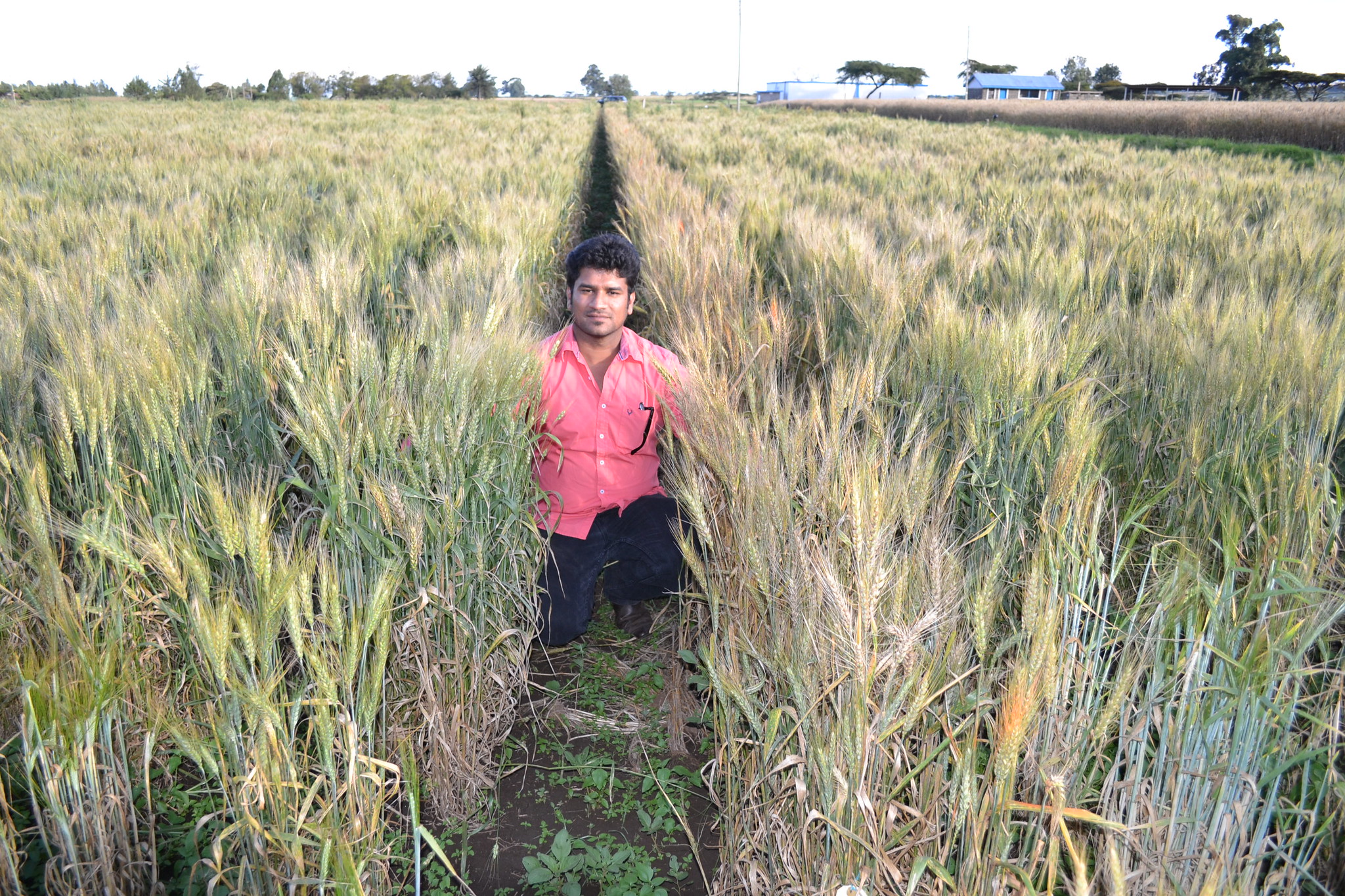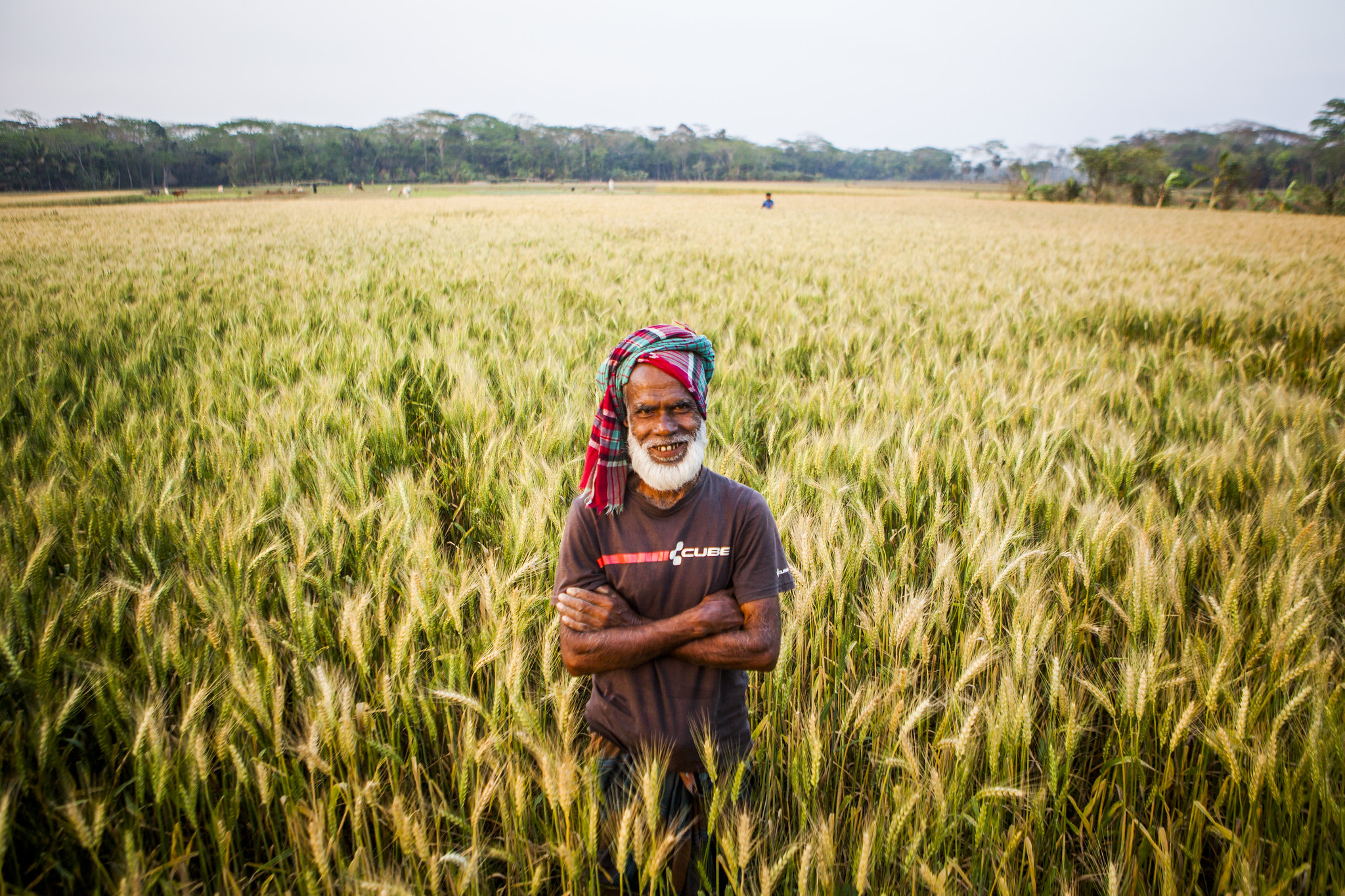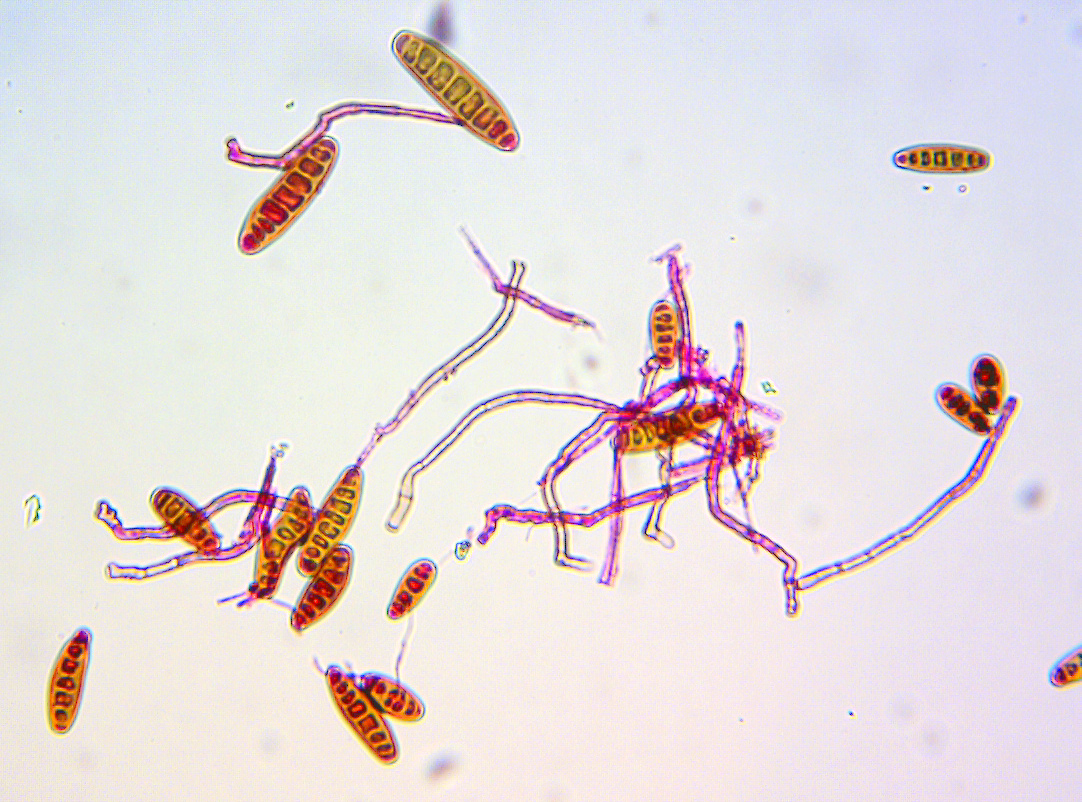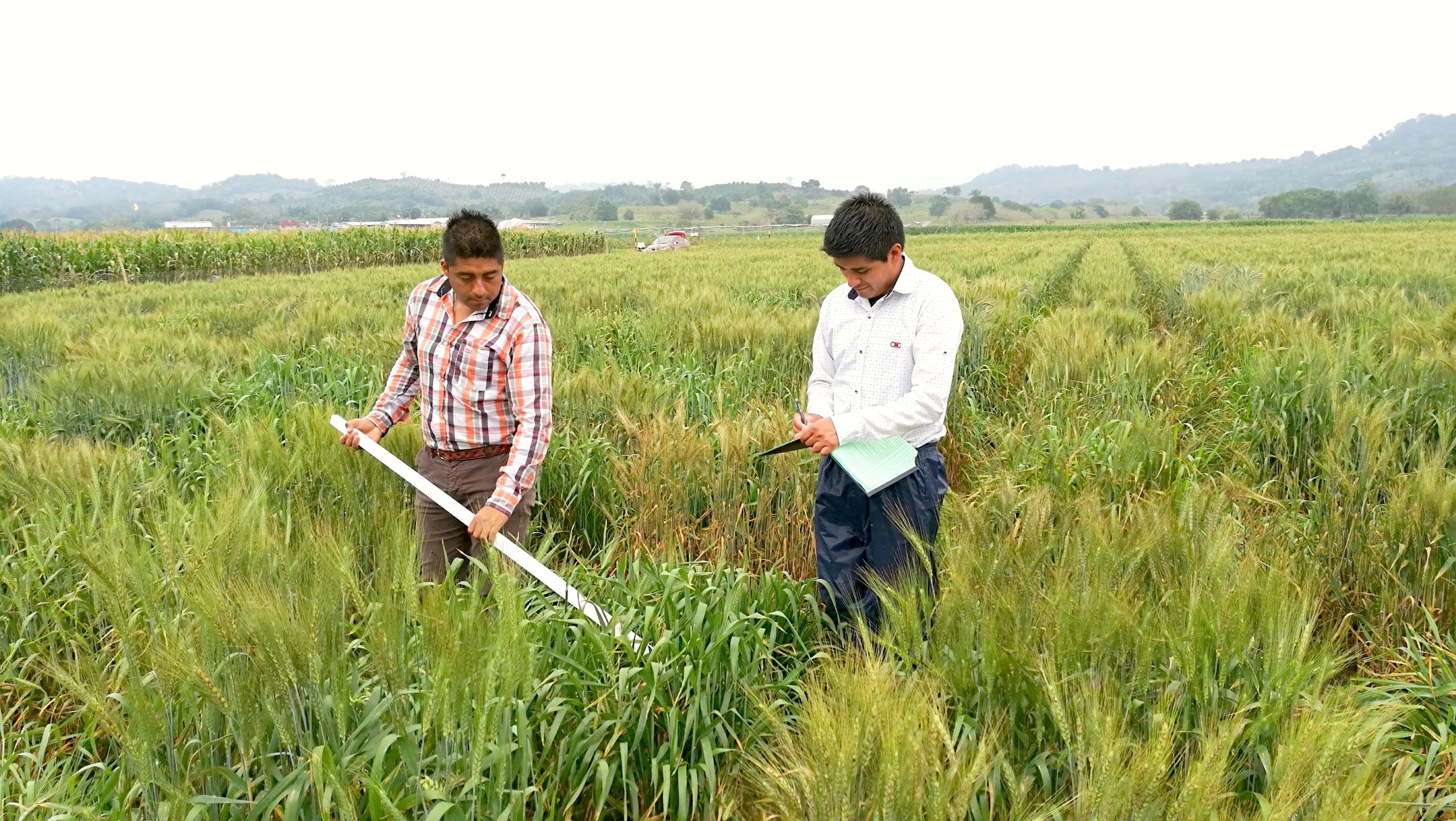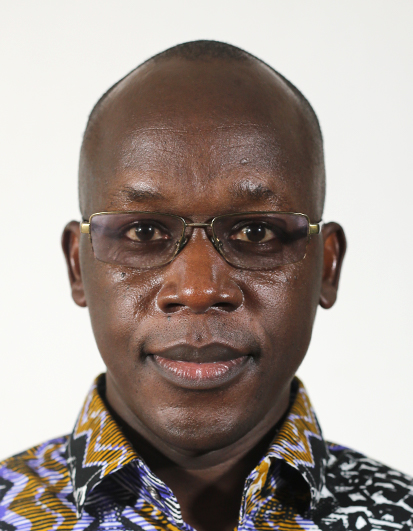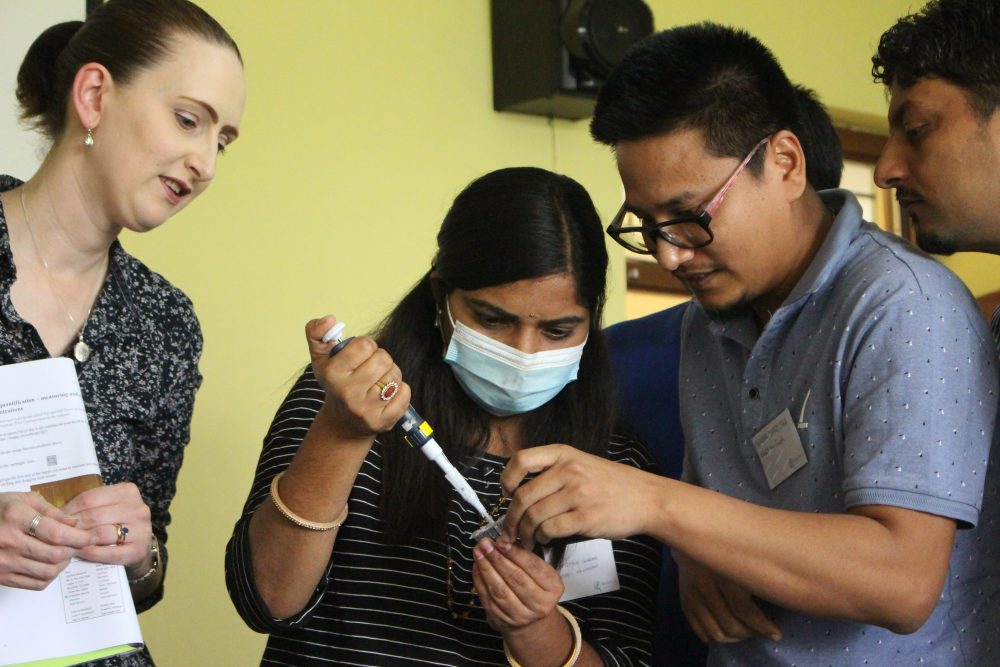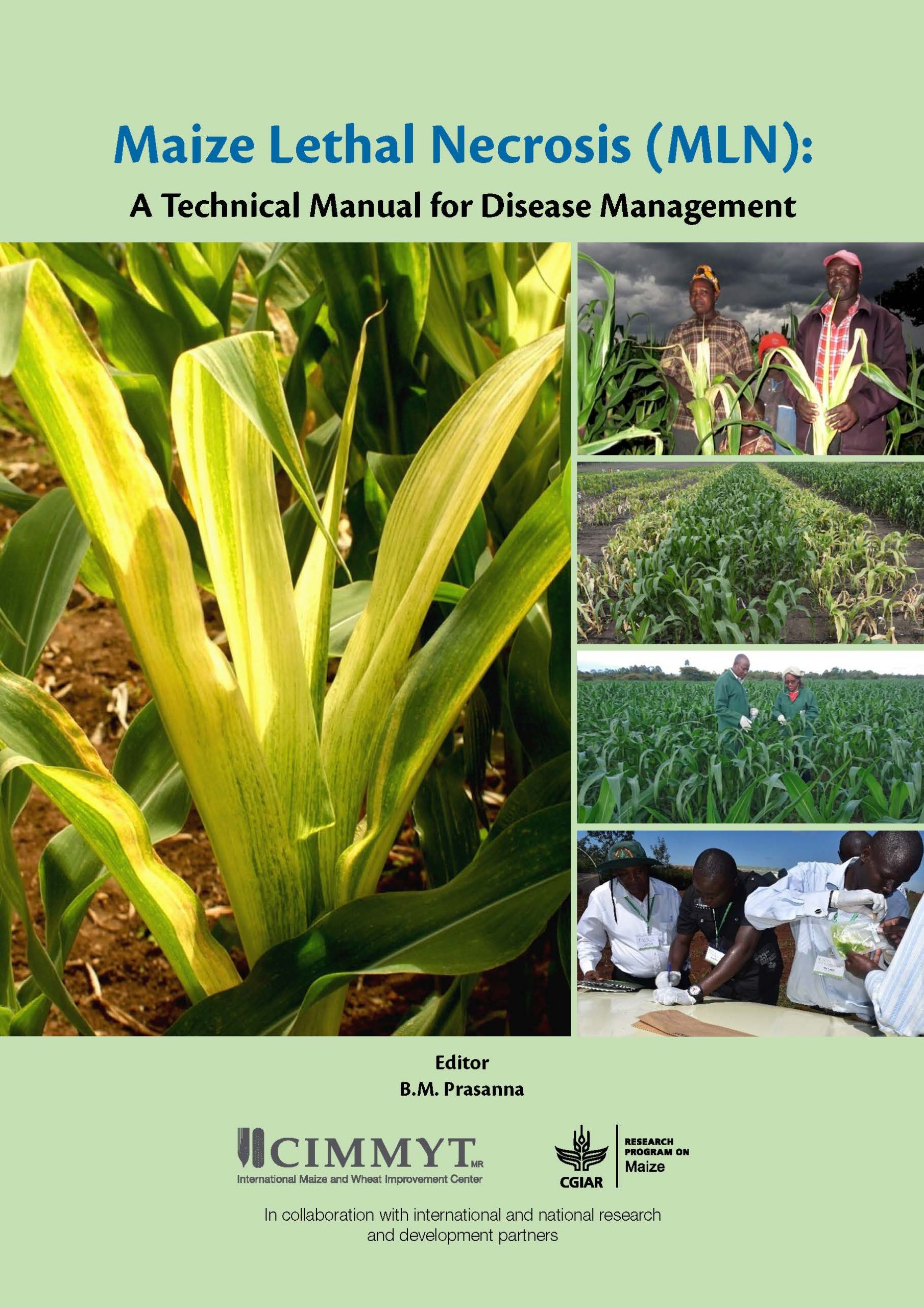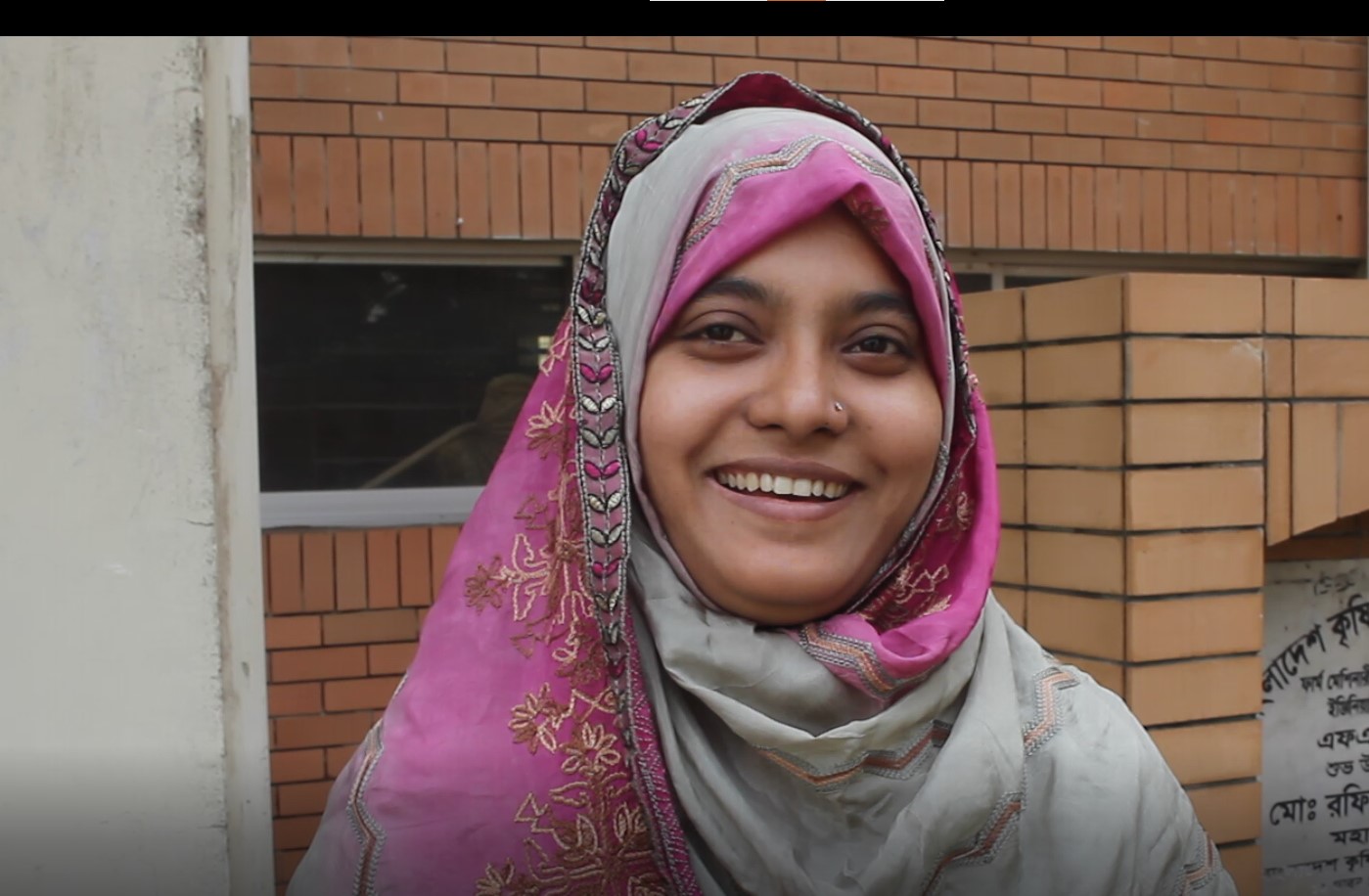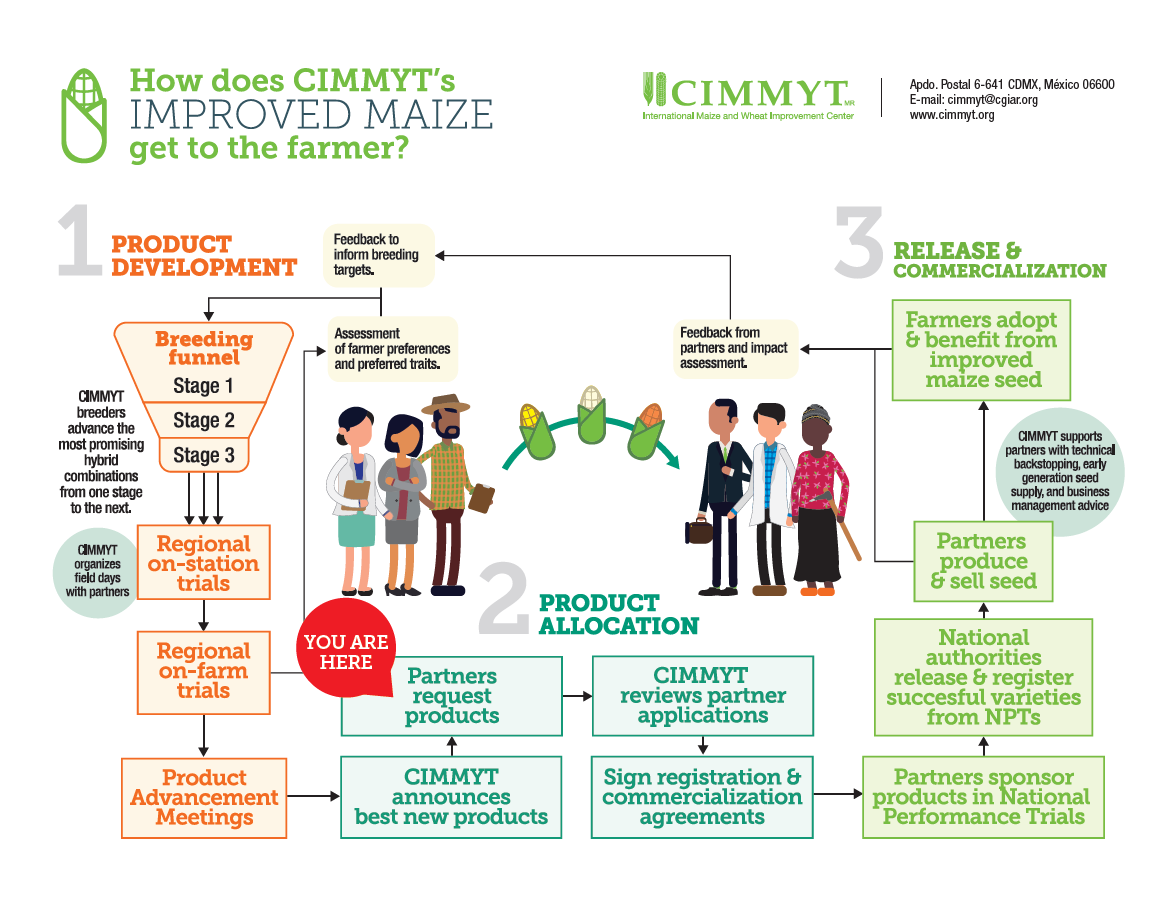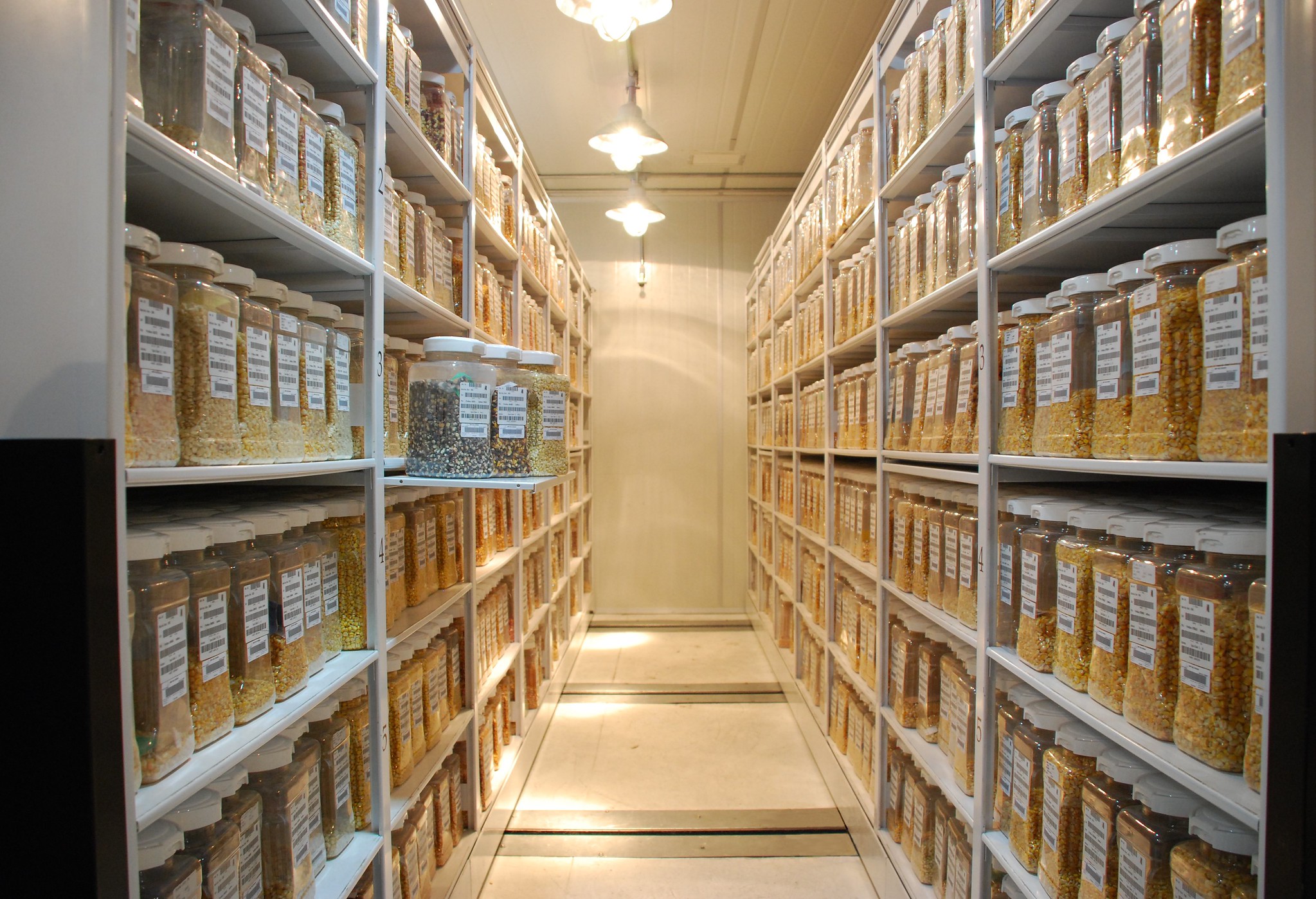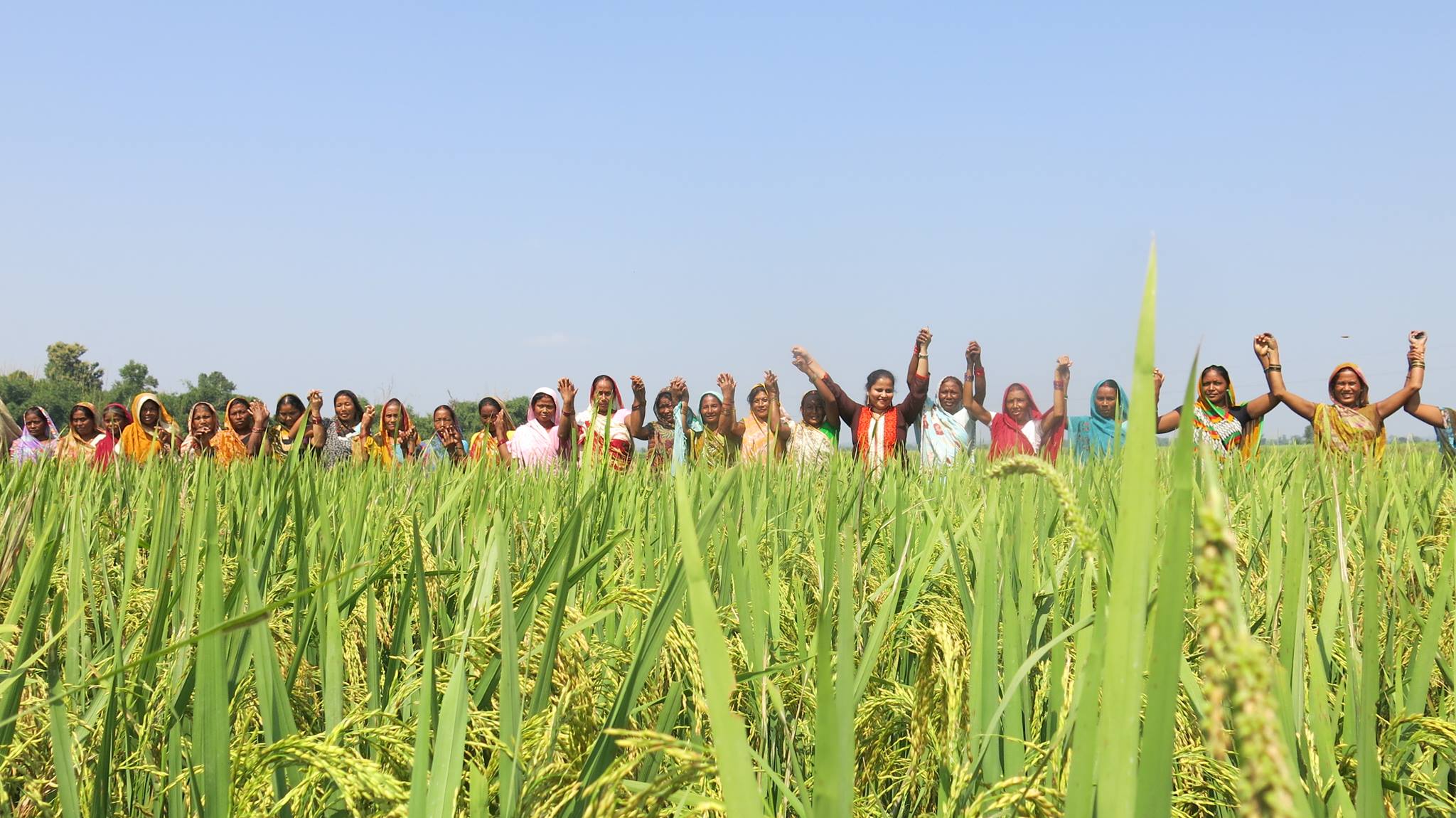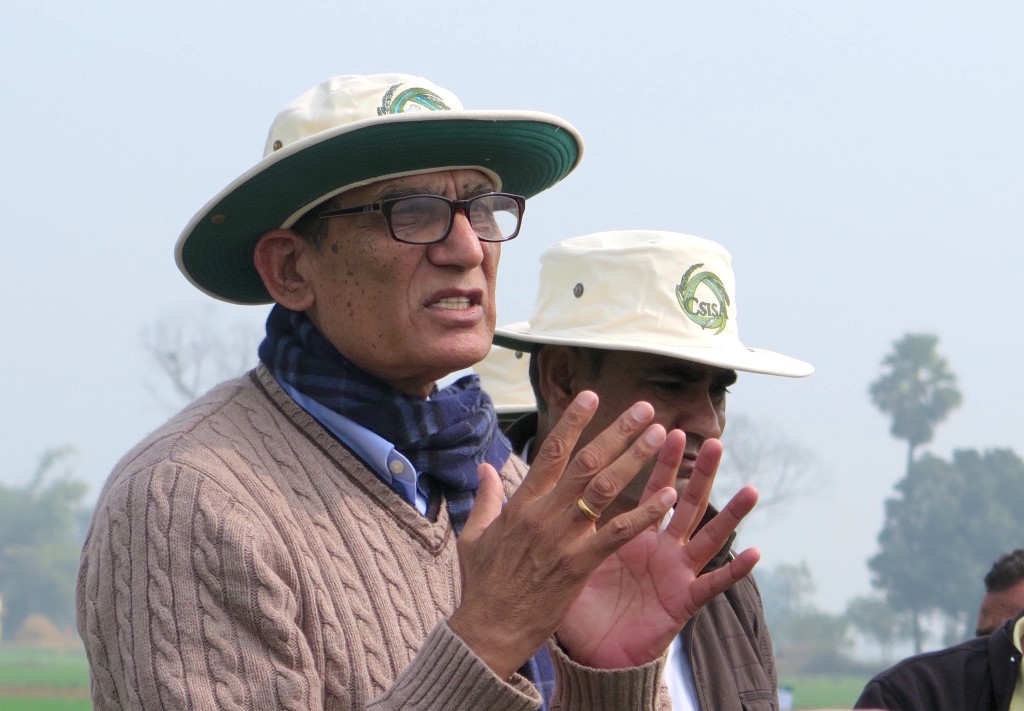United States Agency for International Development (USAID)
Two approaches better than one: identifying spot blotch resistance in wheat varieties
 Environmental health and biodiversity
Environmental health and biodiversity
Genomic selection is a promising tool to select for spot blotch resistance and index-based selection to select for spot blotch resistance, heading and plant height.
CIMMYT scientists identify novel genomic regions associated with spot blotch resistance
 Environmental health and biodiversity
Environmental health and biodiversity
Researchers use genome-wide association mapping approach to identify new regions with resistance to the disease.
MARPLE reaches South Asia
 Capacity development
Capacity development
Nepali researchers get trained on rapid diagnostics tool and get ready to monitor yellow rust in the 2022/23 wheat season.
MAIZE partners announce a new manual for effectively managing maize lethal necrosis (MLN) disease
 Environmental health and biodiversity
Environmental health and biodiversity
The manual builds on the lessons of a decade of work on MLN management in sub-Saharan Africa by CIMMYT and its partners.
Inspiring change through agricultural training: Women’s stories from Bangladesh
 Gender equality, youth and social inclusion
Gender equality, youth and social inclusion
More than 40% of the global agricultural labor force is made up of women, and in the least developed countries, two in three women are employed in farming.
New CIMMYT maize hybrid available from Eastern Africa highland breeding program
 Innovations
Innovations
CIMMYT is offering a new improved maize hybrid to partners, to scale up production for farmers in the region.
New endeavor fast-tracks the power of crop diversity for climate resilience
 Climate adaptation and mitigation
Climate adaptation and mitigation
Researchers will source useful gene variations from CGIAR genebanks to develop climate-smart crops.
Being the change you wanted to see as a young girl
 Capacity development
Capacity development
Agricultural scientist Madhulika Singh shares her experience as the first woman in STEM in her family and in her society in Bihar, India.
Food Is Just as Vital as Oil to National Security
 Nutrition, health and food security
Nutrition, health and food security
Source: Bloomberg (7 Mar 2022)
A new Bloomberg op-ed urges nations to steer more money to organizations like CIMMYT that are advancing crucial research on how to grow more resilient wheat and maize crops in regions that are becoming steadily less arable.
CIMMYT scientist receives award for weed research
 Environmental health and biodiversity
Environmental health and biodiversity
Ram Kanwar Malik named Honorary Member by the Weed Science Society of America for research on herbicide-resistant weed Phalaris minor affecting wheat crops.
